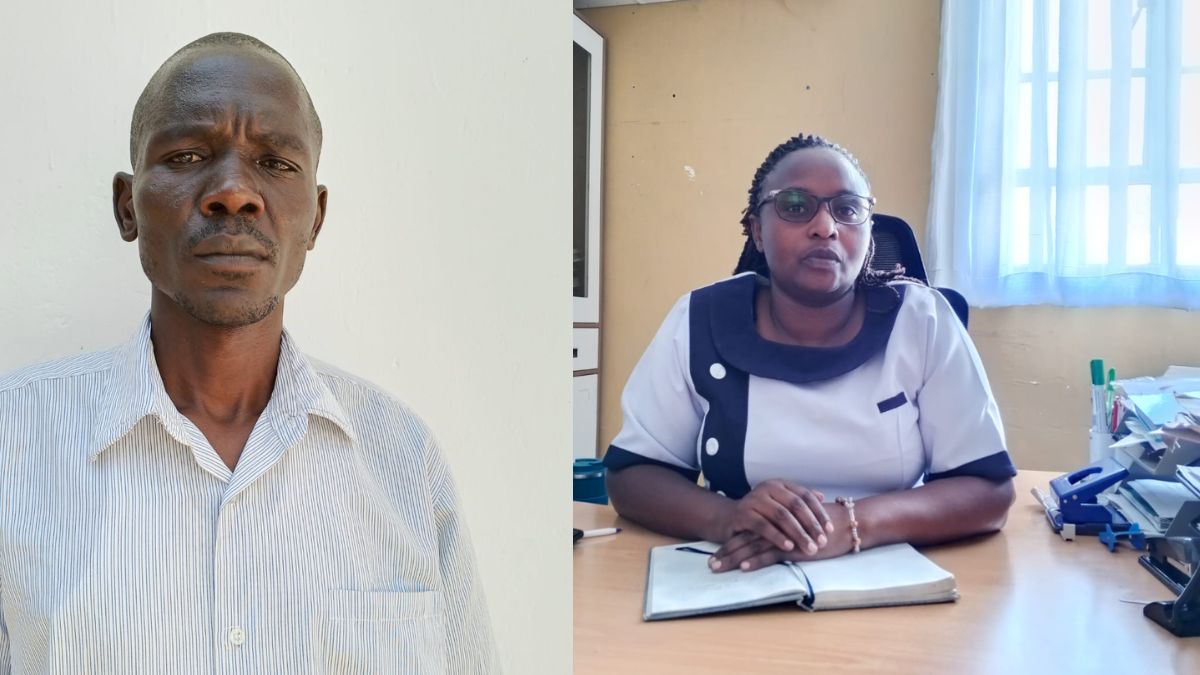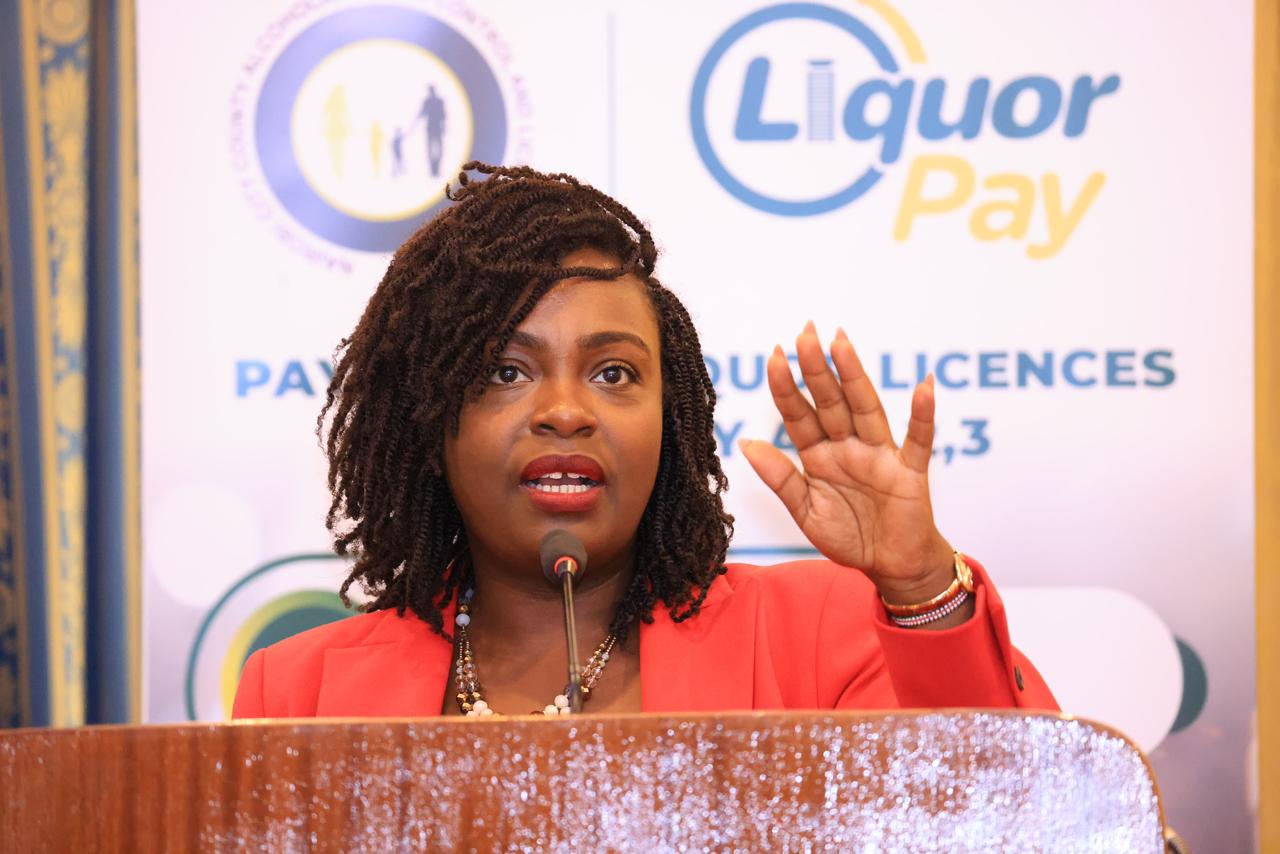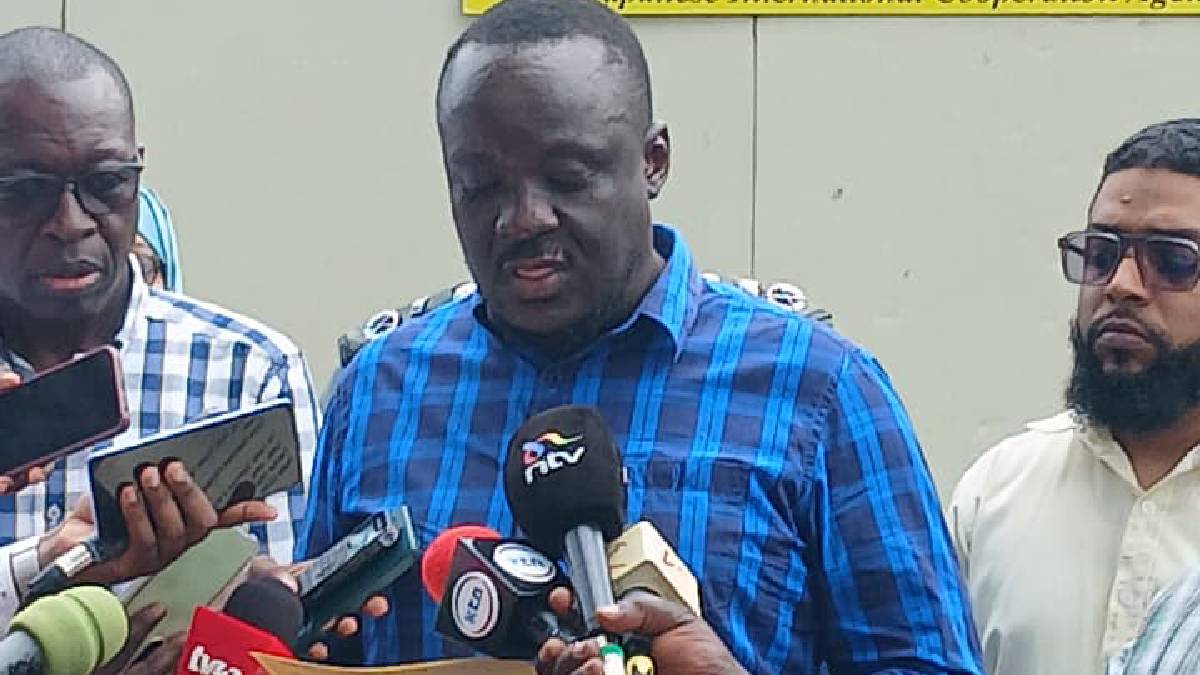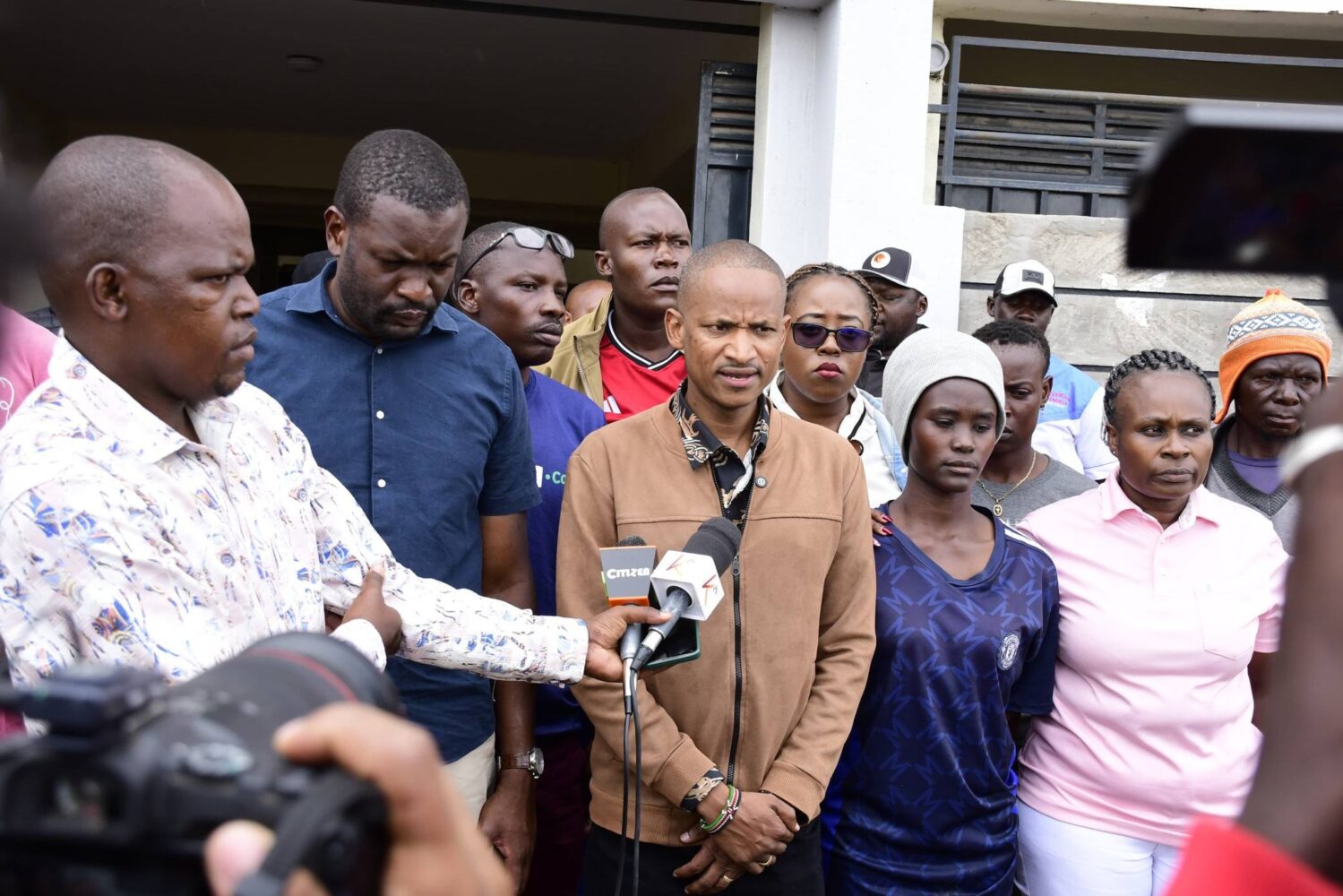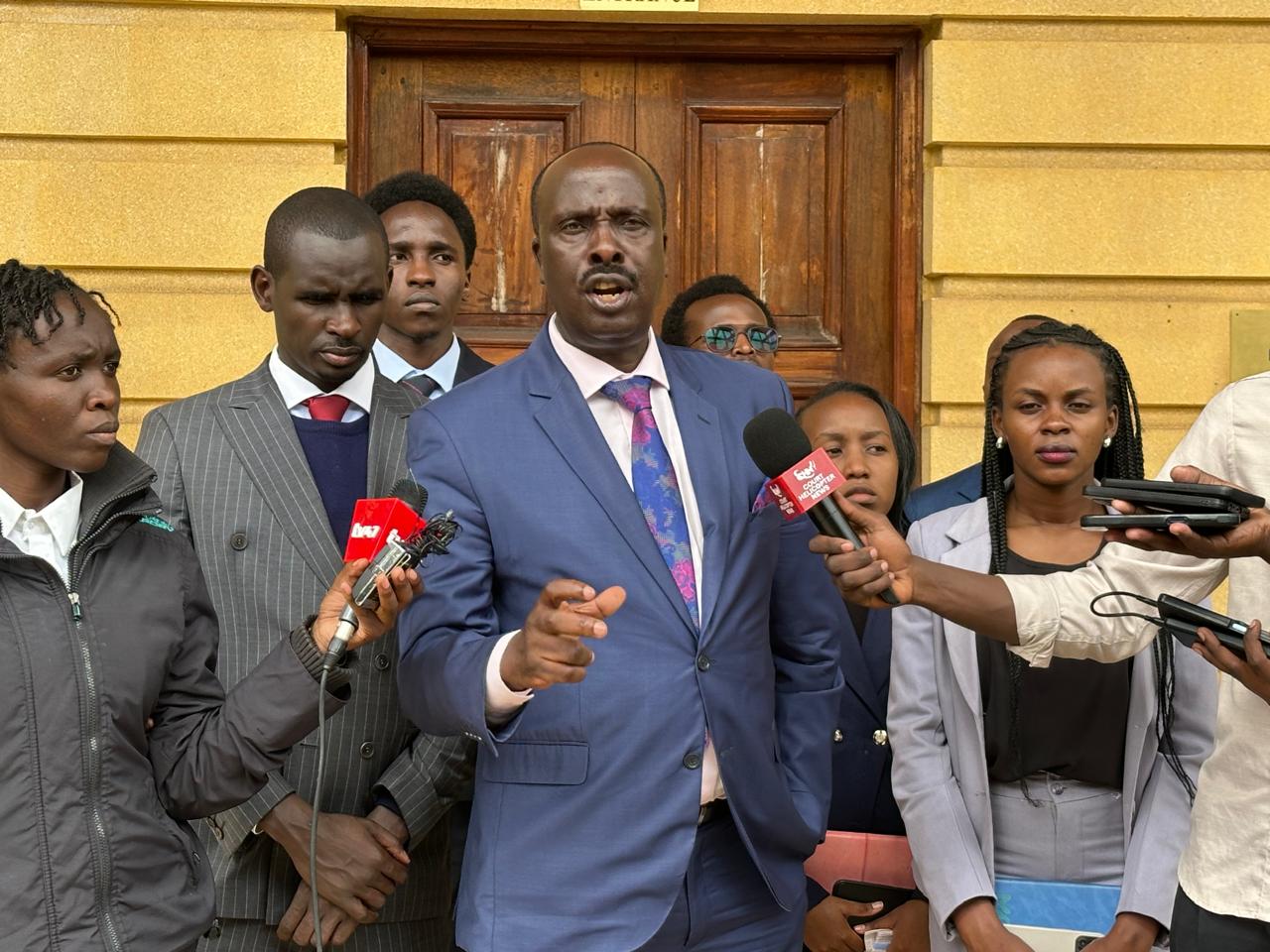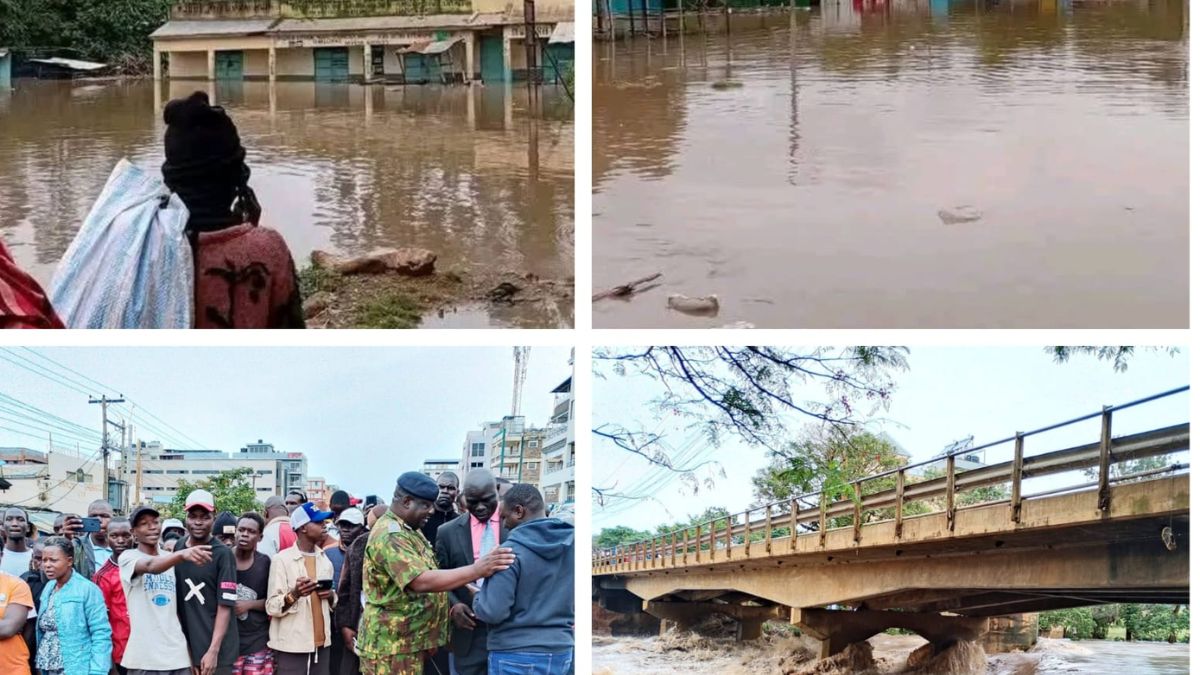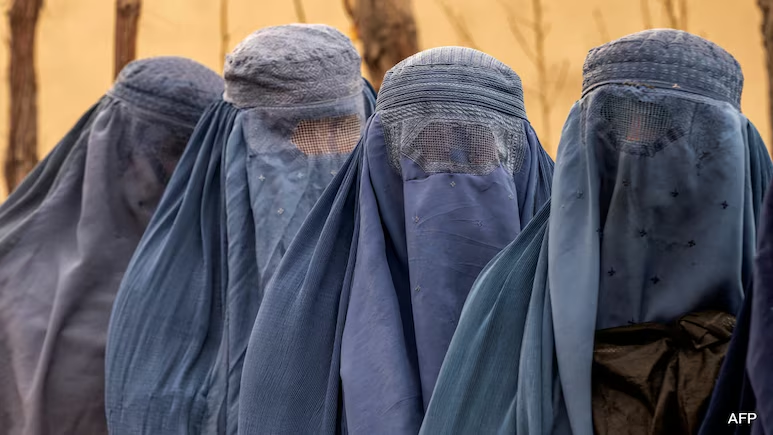Many families in Nairobi County are increasingly embracing permanent family planning methods as a way of controlling the number of children they can comfortably support.
This shift was evident on November 21, 2025 at Embakasi Health Center during the World Vasectomy Day event themed “Advancing Male Engagement and Responsibility in Reproductive Health”.
MSI reproductive choices formerly Marriestopes reports that as a leading provider of permanent contraception methods in Kenya including vasectomy, MSI remains committed to expanding access to safe, high quality family planning services.
It adds that the world vasectomy day celebration seeks to raise awareness and dispel myths surrounding vasectomy, reinforcing its role as a safe, effective and permanent method of contraception for men.
MSI Kenya works closely with the ministry of health and county governments including Nairobi, Bungoma and Narok to ensure vasectomy services are available in public health facilities.
Through targeting training of healthcare workers, MSI Kenya strengthens capacity to deliver these services, ensuring men across Kenya have informed choices about their reproductive health.
Speaking to the press, Wycliffe Ouma, a vasectomy champion, said he opted for a permanent method after other family planning options did not favor his wife.
The father of four said he first heard about vasectomy through a radio advertisement and later decided to undergo the procedure due to rising economic challenges and the increasing difficulty of supporting a large family.
“I made this decision after realizing I had a big family that I could not manage well. My wife was also struggling with other methods, which did not favor her at all,” Ouma said.
He explained that oral pills were unsuitable for his wife as she would sometimes forget to take them. She later tried implants, injectables and a coil, but none worked well.
Before undergoing the procedure, Ouma said he first discussed it with his wife, who fully supported the decision.
“I didn’t just wake up and go for a vasectomy. We talked about it and agreed together before walking into the facility,” he said.
Ouma noted that the vasectomy procedure is simple, painless and takes only seven minutes, with a healing period of about 14 days.
“The procedure is painless because the doctors only work on the tubes that carry sperm to the urethra,” he said, adding that he healed even before the recommended recovery period.
Ouma encouraged men to embrace vasectomy saying that it helps families plan better and avoid economic strain.
After his procedure, Marie Stopes picked him as a community vasectomy champion, a role that inspired him to start a YouTube channel where he runs advocacy programs and refers interested clients to health facilities for guidance.
“Going for vasectomy is voluntary, nobody will force you to do it,” he emphasized.
Rispah Maosi, a mother of six from Mukuru kwa Reuben, said she chose tubal ligation after facing repeated unplanned pregnancies and disagreements with her husband.
She noted that several other family planning methods had failed her.
“There was a time I used an implant and that was the worst experience ever. I could not hold or do anything because of the side effects,” Maosi said.
She added that after undergoing tubal ligation, her family is now more stable and able to provide for the children they already have. She encouraged women to consider the method if they feel they have achieved their desired family size.
Violet Anyika, a resident from Embakasi East, said she decided to form a permanent family planning method due to hard economic hardships.
Lydia Nderitu, the facility in-charge at Embakasi Health Center, said the facility has partnered with Marie Stopes and UNFPA to promote family planning as a reliable way of controlling births.
“World Vasectomy Day is very important because it gives us an opportunity to sensitize, rally and educate men on the importance of vasectomy,” she said.
Nderitu said vasectomy is suitable for men who have achieved their desired family size and that the facility offers a full range of services for both men and women.
To increase uptake, she said the facility works closely with Community Health Promoters (CHPs), who conduct sensitization forums to help residents understand how different methods work.
She also applauded Marie Stopes for continuously training providers on best family planning practices.
Sham Musyoki, head of health systems strengthening at Marie Stopes, said World Vasectomy Day presents an opportunity to promote male engagement in family planning.
“Our call to action is for men to be supportive partners, agents of change and clients by taking up vasectomy services,” he said.
Through partnerships with the Ministry of Health and county governments, Musyoki reported that 100 men underwent vasectomy in 2024 and 110 in 2025, signaling slow but steady progress.
Musyoki dismissed common myths equating vasectomy to castration, noting that the procedure simply involves tying the tubes that transport sperm.
Written by Wanji Sostine, TV47 Correspondent


